The Project
A recent OECD paper ‘Making Integration Work’ (2016) states that “the earlier humanitarian migrants (refugees, people with subsidiary protection or other protection status and resettled refugees) enter the labour market, the better their integration prospects in the long run”. International Monetary Fund confirms in its report from 2015 that “Investing one euro in welcoming refugees can yield nearly two euros in economic benefits within 5 years”.
However, this group is particularly vulnerable and require targeted support at the beginning. They generally arrive with weak, if any attachment or link to the host country and have gained qualifications and work experience in very different labour market conditions. On EU average, it takes between five and six years to integrate more than 50 % of humanitarian migrants into the workplace and as much as 15 years to reach a 70 % employment rate converging towards the outcomes for labour migrants (European Parliament). Long periods of inactivity also lead to demotivation and deskilling; deskilling in turns means that they could only accept low-skilled jobs, remaining trapped in a low socioeconomic cycle. This impacts on their willingness and resilience to effectively commit to their integration. Moreover, low-skilled refugees are even more negatively affected than other migrants and they are left to find their own way in societies with high labour market threshold (European Council).
The corrective action of ARIVE will strive to tackle all major causes that prevent refugees’ integration to boost levels of integration in communities, namely:
- Lack of recognition of knowledge, competence and skills, including previous studies;
- Deskilling and social isolation;
- Lack of working experience in the host country and peer networks at a suitable professional/ vocational level;
- Language and understanding of the civic and social landscape.
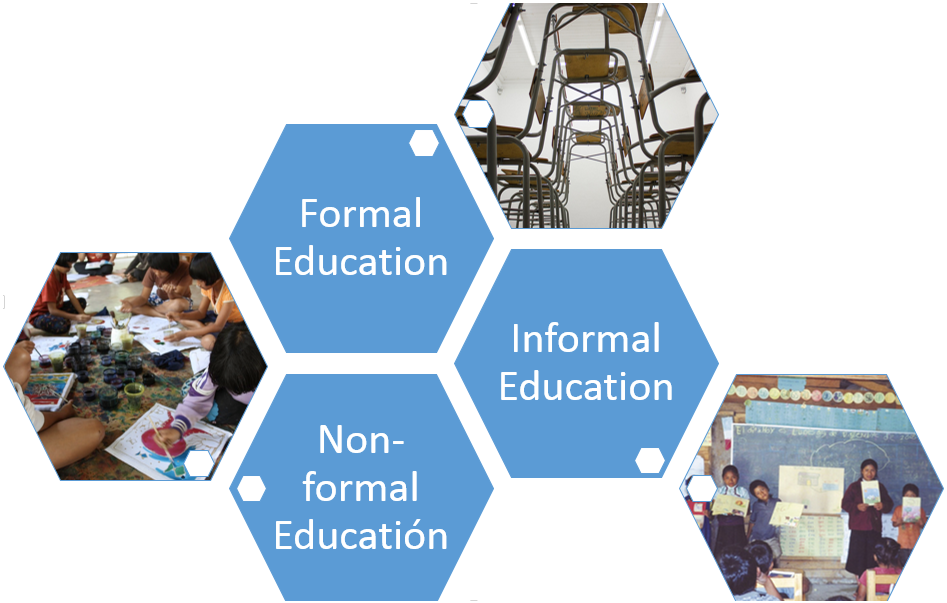
Objectives
The general objective of the project is to develop quality learning opportunities in order to encourage low-qualified and low-skilled humanitarian migrants to assess and upskill their competences in order to enter the labour market at early stages. This integration shall be facilitated taking into consideration the individual needs/capacities and labour market demand.
2. Specific objectives are to:
The project will:- facilitate the recognition of formal, non-formal and informal knowledge, competences and skills of refugees/subsidiary protection holders/asylum seekers through the design and implementation of a toolkit for integration skills assessment to enable signposting to suitable peer support groups;
- transfer new qualifying skills to refugees/subsidiary protection holders/asylum seekers through tailored courses that meet their specific learning needs and characteristics, in particular the language and digital skills;
- provide refugees/subsidiary protection holders/asylum seekers with hands-on experience through the creation and implementation of work-based laboratories facilitated by refugee support groups.
Intellectual Outputs

IO1 - Report “Who is integrated in Europe? Social and labour market integration of the low-qualified humanitarian migrants in Europe”

IO2 - Refugees Integration Assessment Toolkit: INTEGRASS
“INTEGRASS” is a toolkit to assess formal, non-formal and informal knowledge, competence and skills as well as the education level of the humanitarian migrants.
INTEGRASS will propose two kinds of assessment tools:- Formal education assessment tools
- NF/IL assessment tool
The toolkit can be used by migrant service providers and counselors at employment services to determine the education level and to assess the knowledge, competence and skills of refugees at formal, informal and non-formal levels. The toolkit will be available online and in digital form.

IO3 - Migrant Service Provider Curriculum Handbook
In all European countries there are several agencies offering services for migrants, tackling social and labour market integration steps. Provision of such services requires an in-depth knowledge of administrative and legal procedures of the host countries, but also a proper understanding of cultural differences in order to better communicate with customers. Through project ARIVE, migrant service provider staff (career counselors, employment offices, adult education providers and NGOs working with integration of refugees) will take part in an integration course that will build on their existing language and cultural skills, adding specific competences and knowledge with the objective of creating effective Service Providers in relation to migration. More specifically, the Migrant Service Provider will reunite in one figure the skills of intercultural mediators with knowledge and competences of career counselors and service managers.
The Curriculum Handbook will embrace 2 parts:- UNDERSTANDING THE NEEDS of low-qualified migrants for better service provision by Migrant Service Provider.
- COUNSELLING AND TRAINING MATERIAL FOR LOW-QUALIFIED MIGRANTS as a first step in integration process.

IO4 - Toolkit for the Validation and Quality Assurance of the Curriculum
Toolkit for the Validation and Quality Assurance of the Curriculum will be developed as a methodological support for training and counseling of low-qualified humanitarian migrants. It is the final step in the holistic approach for social/labour market integration of humanitarian migrants:
- Validation of formal and informal competences through INTEGRASS
- Training courses to empower the individual and cover learning gaps
- Development of individual action plan based on validation and training

IO5 - Guidelines for policy-makers and practitioners working with integration of low-qualified humanitarian migrants
EU-wide guidelines will be developed with a set of recommendations and best practices focused on successful integration of low-qualified humanitarian migrants. The report will provide practitioners and policy-makers with useful information for the design of employment integration policies that better respond to the capacities and needs of low-qualified refugees.
The guidelines will be presented to regional/national governments and the Commission at the end of the project. It will be also available on the websites of relevant authorities in partner countries.

EU conference "From migration to integration, the focus on innovative learning opportunities for humanitarian migrants
The event will be organised in Uppsala with 2 main objectives:
*to present the results of the project
*to start the debate on the issue of employment of humanitarian migrants as a specific target group (with focus on low-qualified). The challenges and solutions at national and EU levels will be discussed.
Part 1:
- panel session with presentations.
- debate in a form of a round table between decision-makers, practitioners and representatives of the migrants who have participated in pilot activities.
- Lecture of the famous writer/activist working with integration.
- Workshops in ARIVE methodology and other best practices in the area of integration of humanitarian migrants with focus on employment and education of the low-qualified (best practices will cover examples from different EU countries to give a broader perspective on solutions to the existing challenges in EU).
Newsletters

Partners
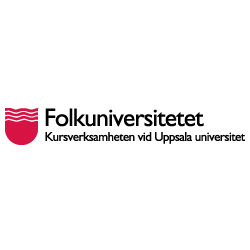
FOLKUNIVERSITETET
UPPSALA
Phone 0046 18680000
E-mail: info.uppsala@folkuniversitetet.se
Contact Person: Yevgeniya AVERHED
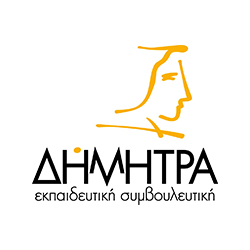
DIMITRA EDUCATION & CONSULTING S.A.
Phone: 0030 2410 554024
E-mail: euprojects@dimitra.gr
Contact Person: Vaso ANASTASOPOULOU
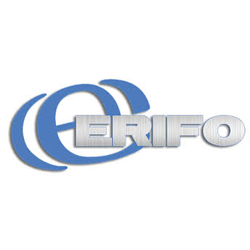
ERIFO
Phone +39.3292156021
E-mail: erifo@erifo.it
Contact Person: Giulia Raimondi
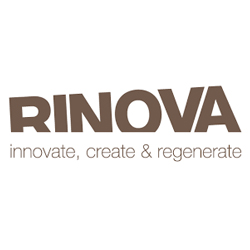
RINOVA LIMITED
Phone +44(0)2031706308
E-mail: s.tan@rinova.co.uk
Contact Person: Sheniz Tan
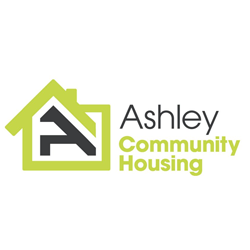
ASHLEY COMMUNITY
HOUSING
Phone +44 (0)1179545843
E-mail: Richard.thickpenny@ashleyhousing.com
Contact Person: Richard Thickpenny
Funding

